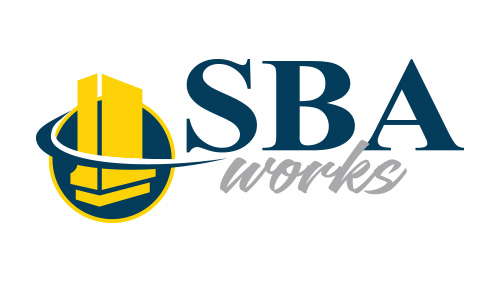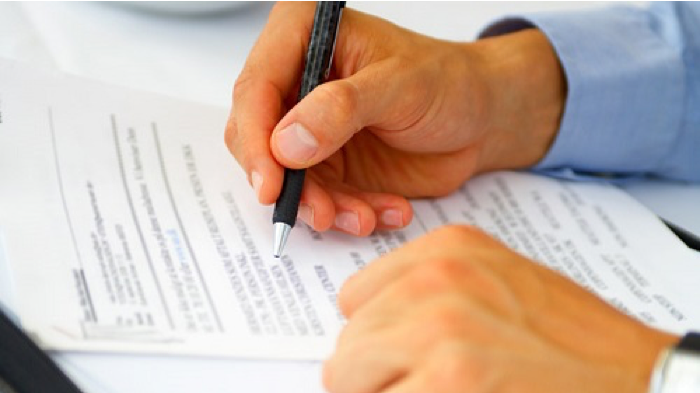Properly documenting SBA 7a loan deferments
I know many of you have had SBA 7a customers calling and asking for loan deferments. Below is a guide of how to document your loan file.
Manage your everyday finances with convenient accounts, flexible cards, and personalized service designed to fit your life.
At First Federal Bank, we offer flexible mortgage solutions for almost any situation, helping you secure the right financing for your dream home.
Business banking offers secure financial management, streamlined transactions, credit options, and tools to help businesses grow efficiently and sustainably.

Let’s talk about SBA 7a Small Loans and why you should be doing more! SBA defines  Small Loans as loans $500,000 and under. These smaller loans come with numerous advantages, including relaxed underwriting and collateral requirements, and allow you to close them as you would regular commercial loans. Let’s explore everything this program has to offer.
Small Loans as loans $500,000 and under. These smaller loans come with numerous advantages, including relaxed underwriting and collateral requirements, and allow you to close them as you would regular commercial loans. Let’s explore everything this program has to offer.
A common challenge for financial intuitions is trying to comply with all the special items SBA wants included in a credit memo. Inevitably when submitting for approval to SBA, they will request additional information included in the credit memo that was initially missing. This delays approval times and creates additional work for the lender. With the Small Loan Program, SBA only asks that you underwrite small loans in the same manner you do as similarly sized commercial loans. When submitting these small loans to SBA, the SBA utilizes the FICO Small Business Scoring Service (SBSS) to assess the creditworthiness of small business loan applicants, with scores ranging from 0 to 300, and a minimum of 155 required for SBA loans. With this system SBA is not relying on your credit memo but instead relying on the score for approval. Once an application is submitted to SBA you receive a score within seconds, allowing you to call the customer same day and share that SBA approved their loan. SBA is still making the credit decision based on the score alone, so there is no credit risk to you from an underwriting standpoint.
In addition to relaxed underwriting requirements, collateral requirements have also been simplified. Traditionally, the incentive of taking an SBA loan is there is a lack of collateral. With a collateral shortfall, SBA would require a 2nd lien on the borrower’s personal residence if there was sufficient equity. Under the new Small Loan rules, you no longer need to take a 2nd lien or fully secure the loan with personal assets reflected on the personal financial statement. SBA shares that business assets are sufficient, even if the loan is not fully collateralized. This helps reduce closing costs and time spent on title searches and preparing lien instruments.
The final piece of the puzzle for SBA Small Loans is closing documentation. SBA will allow you to use similar closing documents that can be prepared on your in-house loan platforms such as LaserPro and Jack Henry. There are a few exceptions like language that should appear on lien instruments, note, and guaranty but for the most part your commercial loan closing documents set will now work for SBA. This reduces costs by avoiding an attorney or special document set for closing SBA loans.
These changes for small loans are designed to encourage lenders to do more smaller dollar SBA loans in their markets. Remember for these small loans, the guaranty ranges from 85% to 75% depending on loan size. All SBA loans give CRA credit to your bank and are a great way to serve your small business customers.

I know many of you have had SBA 7a customers calling and asking for loan deferments. Below is a guide of how to document your loan file.

There are several types of Small Business Administration (SBA) loans. First Federal primarily uses the 504 and 7(a) programs. The SBA 7(a) loan is...

Knowing the right questions to ask while touring an apartment can help you make better decisions about where to live. Before you sign on the dotted...
Manage your accounts, make payments, and more.
Open an account with us.